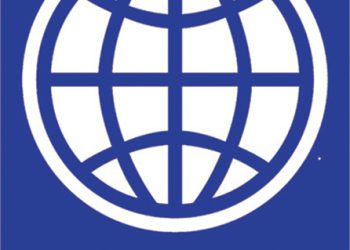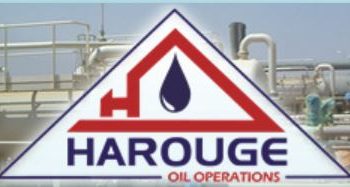By Sami Zaptia.
Tripoli, 5 February 2014:
The General Gas Transmission and Distribution Company, . . .[restrict]or Gasly (www.gasly.ly) held a workshop Tuesday at Corinthia hotel, Tripoli.
The workshop entitled “Libyan City Gas Day” included presentations by both local and foreign partner companies such as the Libyan Post and Telecommunications and Information Technology Company (LPTIC), Hatif Libya (www.hlc.ly), the Housing and Infrastructure Board (HIB) and the General Electricity Company of Libya (GECOL).
These partners are the natural partners for Gasly where synergy or complementarities exist with regards to the joint use of trenches, pipes and cable lines.
Opening the event, Gasly chairman Lutfi Layas reminded the audience upon launching the Libyan City Gas Day that city gas had existed in Libya since the 1930’s, well before Libya had discovered oil, but that the Qaddafi regime had ended it without much explanation.
Layas said that Gasly which was established in 2008 had launched a study for a strategy to deliver natural gas to over 900,000 consumers in Libya. He explained that some contracts had already been signed and that some work with the HIB had already been undertaken in new housing projects in order to integrate city gas within them. Progress with the HIB had been achieved he added despite the challenges Libya faces post revolution.
The piped city gas project is expected to save the nation about LD 3 billion per year as consumers switch from the more expensive and cumbersome butane gas cylinders and from the usual hydrocarbons used for heating such kerosene, to the cheaper natural gas. The project is also expected to create spin offs and jobs helping the economy grow.
Gasly is working on the completion of the master plan for the natural gas transmission and distribution networks in Libya. It is also working on the final stages and operational tests for the 20 inch Entessar-Sarir Gas Pipeline Project. Phase one of the construction phase of the Benghazi Gas Network for 42,000 consumers is also to commence.
The Tripoli Gas Distribution Network – phase one project – for 27,000 consumers is also scheduled to start.
The signing of contracts for the West Mountain Gas Distribution Network – Phase One project, the Tripoli Medium Pressure Gas Distribution Network – phase two, and the Tajura Medium Pressure Gas Distribution Network projects are expected soon. [/restrict]









